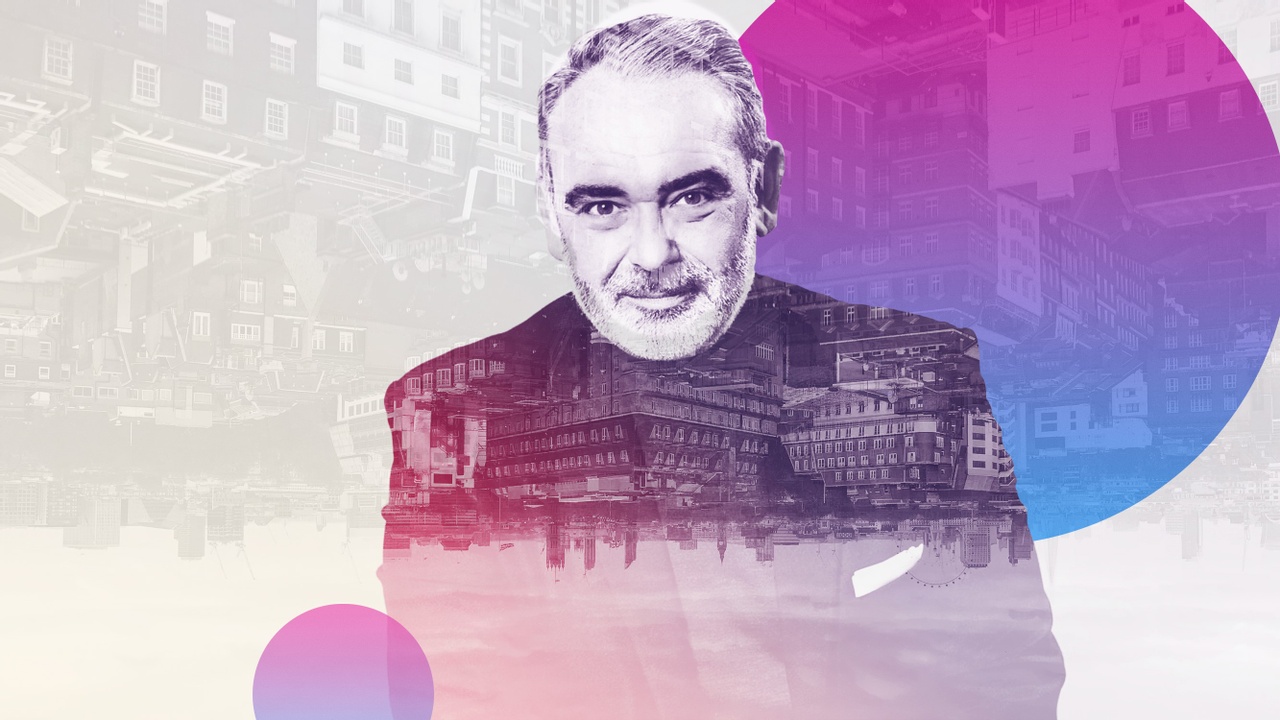
A few years ago I was in a CMO role and about to interview the final three candidates to lead the Marketing Strategy Department. Before the interview, I remembered hearing about a most interesting question used by a Global CMO to help vet great marketers from good marketers.
I decided to give it a go.
I sat down with the first candidate and after pleasantries and putting her mind at ease, I asked the question:
“If I asked you how you would market a fork in China, how would you go about it?”
Slightly taken back by the oddity of the question and having no reference or experiences to draw from that might demonstrate how she has solved that kind of problem in the past, the candidate proceeded to give a very good answer. She described how she would first:
“...look at the product benefit and features to determine what is best about a fork and how it has advantages over chopsticks and from there proceed to look for ideas to trial, what’s worked well in the past in that market, and build a killer brief with those insights in mind.”
Not a bad response. One that many marketers might give that leverages traditional marketing-thinking.
I met with the second candidate, and with the same routine, asked the same question. Her response was slightly different. She said:
“I’d spend time first in homes and really try and understand the consumer and usage occasions. I’d look for some human truth that I could connect with and try to forge an emotional connection with the benefits.”
Another great answer. Probably a little more on point with making human connections, showing an understanding of how we make most decisions emotionally rather than logically.
Lastly, I met with the third candidate and asked the same single question: “How would you market a fork in China?”
She thought about it for a good long moment, then looked me straight in the eye and asked:
“Why are you wanting to market a fork in China?”
That was the kind of answer that demonstrated the kind of thinking I needed most in that role.
She got the job.
There was no right or wrong answer to the question and the previous two candidates had good solutions to the ask. The third candidate demonstrated an instinct and curiosity that would lead to greatness.
THE COURAGE TO ASK WHY
The distance between good and great is a fundamental curiosity with the idea itself and a confidence to push back a bit and challenge the premise. This begins with questions.
When Thomas Kuhn said “the answers you get depend on the questions you ask,” he was definitely onto something.
In a world where leaders are rewarded for quick action and saying “yes,” asking great questions to better understand the WHY, and the courage to ask, is a scarcity.
Ready to learn more? Check out 3 Keys To Launching A bigQUEST
But as any CMO knows, there is an abundance of ideas to chase that could easily overwhelm a marketing team. Having the discernment and ability to ask the right questions to make sure we are providing solutions that result in meaningful outcomes is a rarity.
Never be afraid to “start with the why,” as Simon Sinek often posits.
THE AGILE LEADERSHIP MINDSET
Asking questions not only leads you to be the best solution; it reflects the mindset of an agile leader.
I know this because, over the course of 35 years, in countless big career adventures, I’ve learned there are some tried and true actions standout leaders use that result in success in high-stakes initiatives. I’ve assimilated these methods and mindsets into a bigQUEST framework that is easy to understand and apply. I want to help you lead confidently through the unknown.
Did you know 85% of new initiatives fail to achieve their intended results? That’s a staggering percentage! You don’t have to become one of those initiatives that couldn’t gain traction.
It’s not about circumstances.
I’ve experienced this as an entrepreneur building a start-up into a global company and as an executive of one of the world’s biggest companies. The bigQUEST Framework will teach you how to outsmart the variables.
What I’ve learned time and time again — the success rate would be better if the leader had asked the right questions.
Great leaders fall in love with the problem by asking big questions.
Here’s the great part: It’s never too late to gain the skills necessary to ask the right questions.
I’ve compiled those big questions and made them available to you, for free, here on my website. These 5 Big Questions will prepare your team before launching a successful initiative and becoming part of the 15% who reach their destination.
You can use the bigQUEST framework to achieve your team’s goals, too.
Download the 5 Big Questions Checklist today and get ready to start your bigQUEST.
It’s time to start turning complex challenges into successful outcomes.
What questions have led your team to breakthrough solutions? Leave a comment and share your experience!


